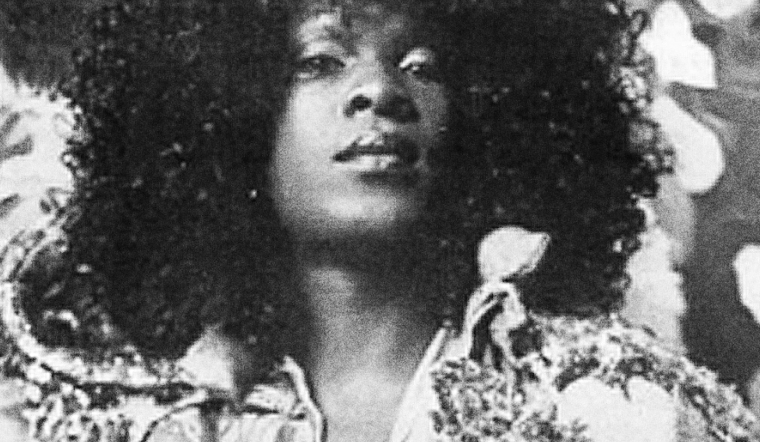
In the 1970s, long before being gay was broadly acceptable in mainstream American society, Sylvester was a pop/disco superstar who came to national prominence. In gay culture of that era, disco hits like You Make Me Feel (Mighty Real) and Dance (Disco Heat) were anthems.
Born Sylvester James Jr. in 1947 in Los Angeles, Sylvester created music that underscored the joy many felt for their newly found freedoms, at least in this city. Along with Harvey Milk, the first openly gay elected official in the country, he helped make the Castro a beacon of hope.
To old timers he remains a legend, though many of younger gay generations today might not know who he was.
So in honor of Mighty Real: A Fabulous Sylvester Musical currently in performance at the Brava Theater, we decided to talk to long-time residents about the impact he made on the community.
“Sylvester defied all labeling,” said longtime gay activist Cleve Jones. “He was nonetheless an out, proud and vivid gay person.”
Listening to Sylvester's recordings makes it easy to see why his music was so popular with gay and straight audiences alike. His voice, a powerful falsetto, was filled with raw emotion. When Sylvester sang, he transcended the disco genre. He could have sung anything – in his early days he attracted attention for his stunning vocal stylings on cover performances taken from the songbooks of jazz greats Billie Holiday and Etta James, among others.
When searching Sylvester on YouTube, the results are inspiring. One popular clip is of a 1980s interview with Joan Rivers, where he spoke of his jewelry collection, and of his husband Rick. He gave out Rick's full name on the air.
It's easy, in this era of rapidly spreading marriage equality and celebrity role models like Ellen, Rosie and Neil Patrick Harris, for stars to speak of their spouses and proclaim that being openly gay hasn't affected their careers. We can only imagine what it might have been like for Sylvester to have been so open during his lifetime, when anti-gay sentiments, fueled by the AIDS crisis, were sweeping the country.
Outside of the Castro, there were only a small handful of places where being gay was acceptable when Sylvester, clad in a flowing gown, appeared on the decidedly conservative The Merv Griffin Show in 1979.
"I'm going to be in the film The Rose with Miss Bette Midler," Sylvester told an obviously uncomfortable Merv. "I play Miss Billie Holiday."
"Sylvester was an inspirational voice for the LGBT community," said Scott Wiener, the openly gay District 8 Supervisor. "Not only was he a unique talent, he did what so few were willing to do in the 1970s: be an openly LGBT person on television. So many entertainers until quite recently, and even now, have been unwilling to be open about who they are."
Wiener credits Sylvester with more than just visibility. "Sylvester's willingness not just to be out, but to be absolutely true to who he was, helped move our community forward," he added. "What an amazing human being."
“Sylvester could be quite a fierce diva,” recalled Jones. “But he had a heart of gold and a gentle soul. I often asked him to perform at benefits and rallies – he never once turned me down.”
For members of the then largely invisible gay African American community, Sylvester's rise to stardom was particularly meaningful.
"It was definitely courageous for a gay black man to put himself out there," said city resident Veronika Fimbres. "The black LGBT community was proud of his achievement. I think he made the idea of being out and proud more tenable."
Fimbres, a leader of the local transgender community, was fortunate enough to have met the iconic singer during his heyday. "I met Sylvester in the 80s while I was shopping in the meat-packing district at Lee's Mardi Gras on 14th Street in New York City," Fimbres recalled. "He was very flamboyant and funny. He had on a big hat and a shawl thrown around his neck. I told Lee that he was 'grand!'"
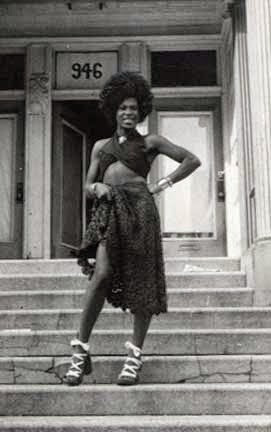
Photo of Sylvester in front of 946 Haight Street from The Peter Mintun Cockettes Collection.
Fimbres told Hoodline that at the time she didn't know who Sylvester was, but said she never forgot that meeting. "Every now and then someone says I remind them of Sylvester," she said. "I smile and say thank you, though I don't concur. However, there are worse things to be called then a legendary icon!"
Sylvester grew up in Los Angeles. As a child he sang in his local church, but he left that community over conflicts regarding his homosexuality. In the San Francisco of 1970 he found the community and sanctuary he was looking for. Often dressed in quasi-drag, he rejected the drag queen label and always identified as male. He began to capture the imagination of the public in those early years as a member of The Cockettes, a legendary group of underground performers who lived in a commune at 946 Haight Street near Divisadero. Sylvester's solo numbers were often considered the high points of Cockettes shows.
After The Cockettes disbanded, Sylvester formed Sylvester and His Hot Band. The group released a few poorly received albums and toured–there were threats of violence when they appeared in the South.
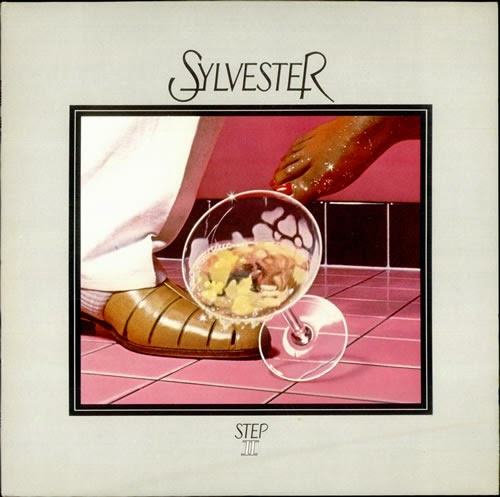
Album art for Sylvester's breakout album, Step II.
In the mid-70s, Sylvester began to build a following with his performances at local gay venues such as The Stud and The Endup. But it was in 1978, when he recorded Step II, his second solo album, that real success came. You Make Me Feel (Mighty Real) and Dance (Disco Heat) were smash hits, and Sylvester became one of the leading voices in a genre that had been, up until then, dominated primarily by women.
A friendship with Harvey Milk, many television appearances and seven more albums followed. Sylvester became a bona-fide star. Through it all, he remained as proudly out and as flamboyant as always. At the time he was one of the few openly gay celebrities.
It didn't last long. A 1981 headline in the New York Times announced that a "rare cancer" had been seen in 41 homosexuals. The AIDS crisis, which would decimate an entire generation of gay men, had begun.
In 1987 Sylvester's partner Rick Cranmer, the same Rick he had spoken of so proudly on The Joan Rivers Show, died of AIDS. The following summer Sylvester appeared at San Francisco's Pride parade in a wheelchair.

Anthony Wayne starring in the Sylvester musical. Photo courtesy.
Sylvester succumbed to AIDS on December 16, 1988 at his San Francisco home. He was 41 years old.
Though some of his colleagues reported that he could be "difficult" to work with, there's no denying Sylvester's extraordinary talent and courage – it was people like him who opened doors for those of us who are alive today.
It took strength and chutzpah for Ellen DeGeneres to have said the words "Yup, I'm gay!" on the cover of Time Magazine in 1997. We mustn't forget that Sylvester did it first, and that he did it nearly twenty years earlier.
Mighty Real: A Fabulous Sylvester Musical runs at the Brava Theater through March 1 and tickets are still available. Check our story from a couple years back for more about his musical background, or read the definitive biography by Joshua Gamson, The Fabulous Sylvester: The Legend, the Music, the Seventies in San Francisco.

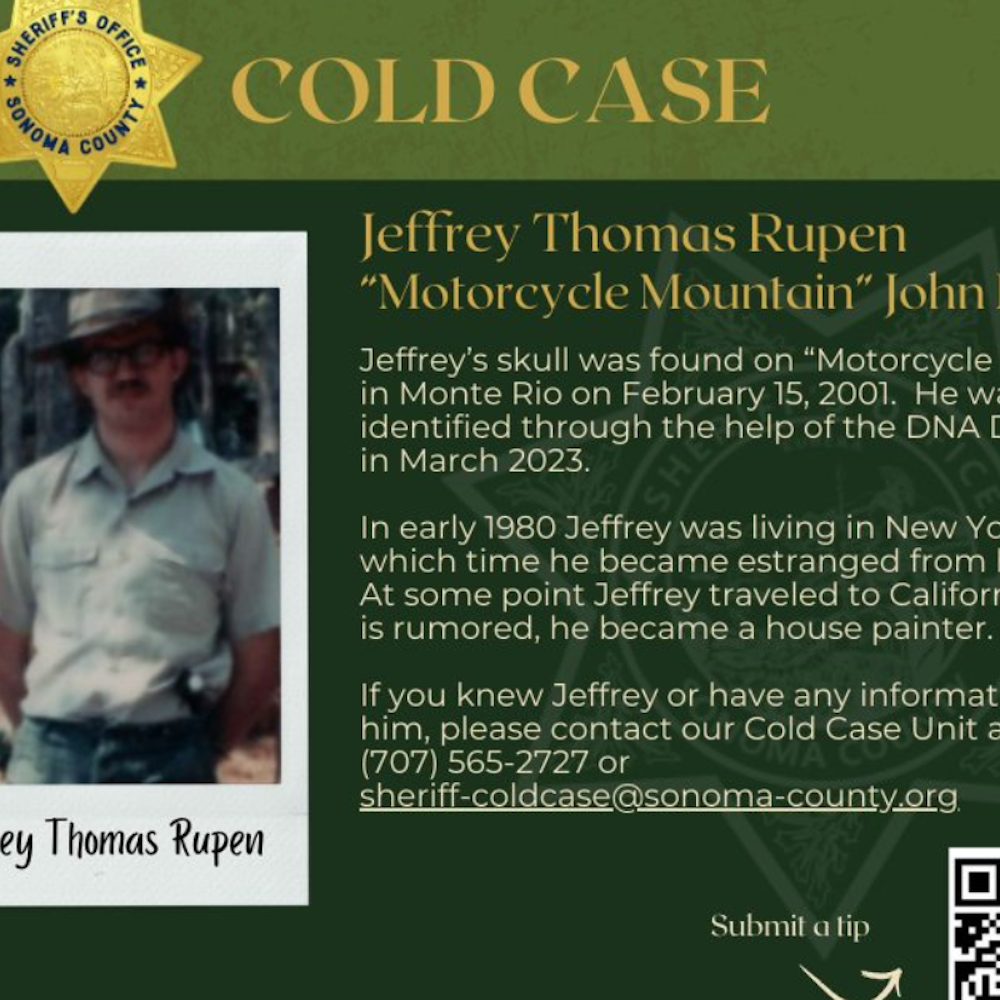


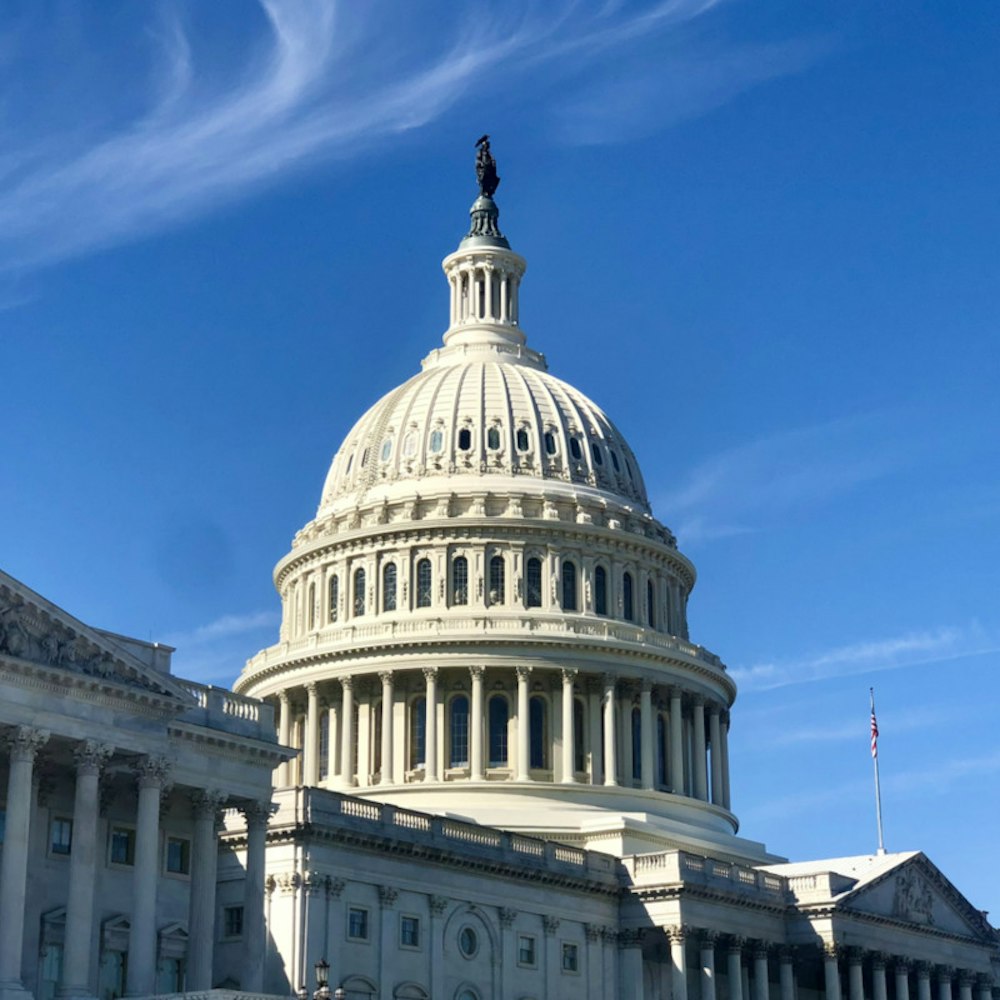
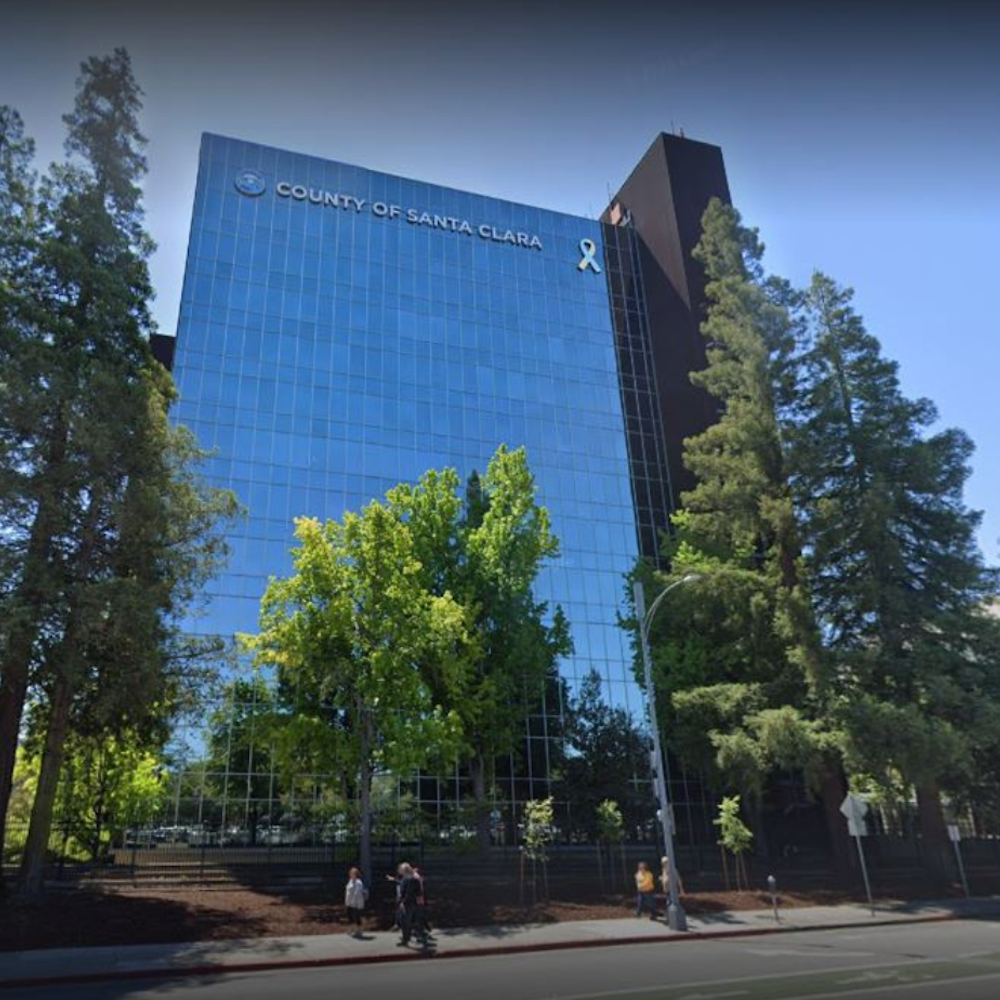
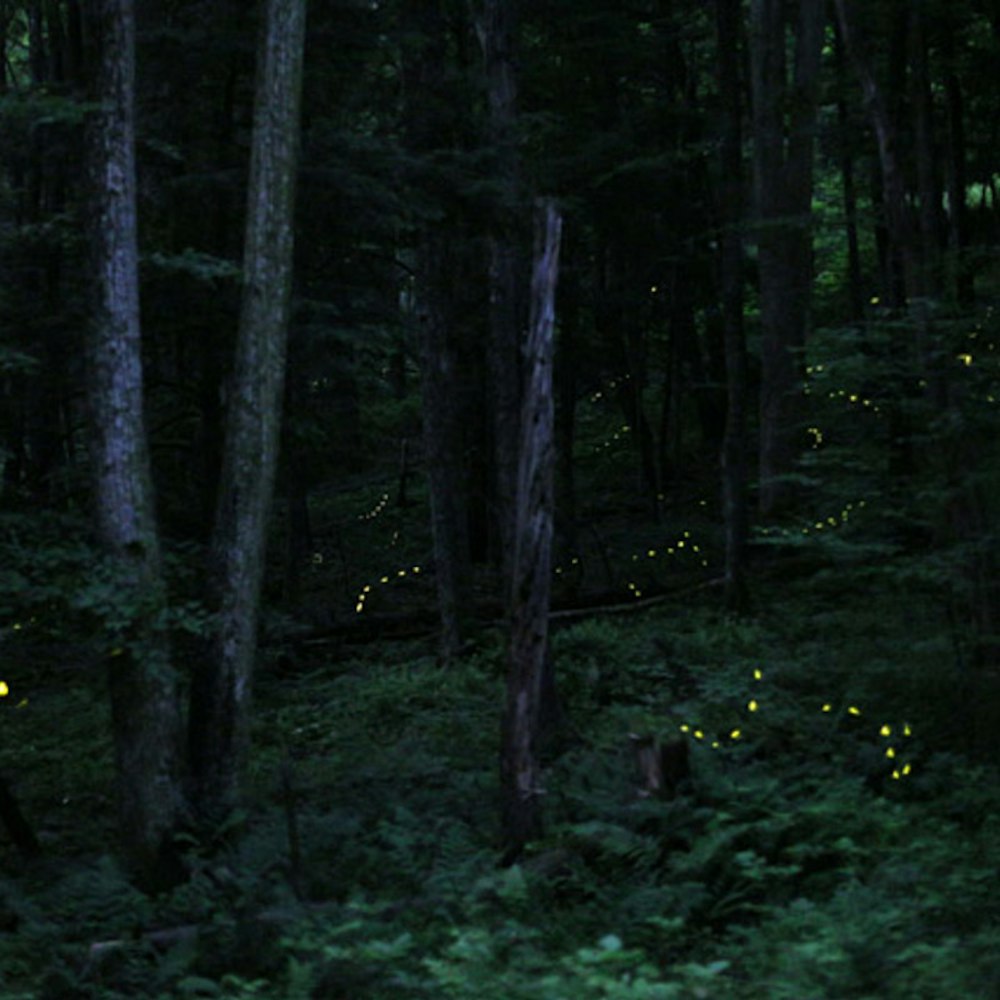
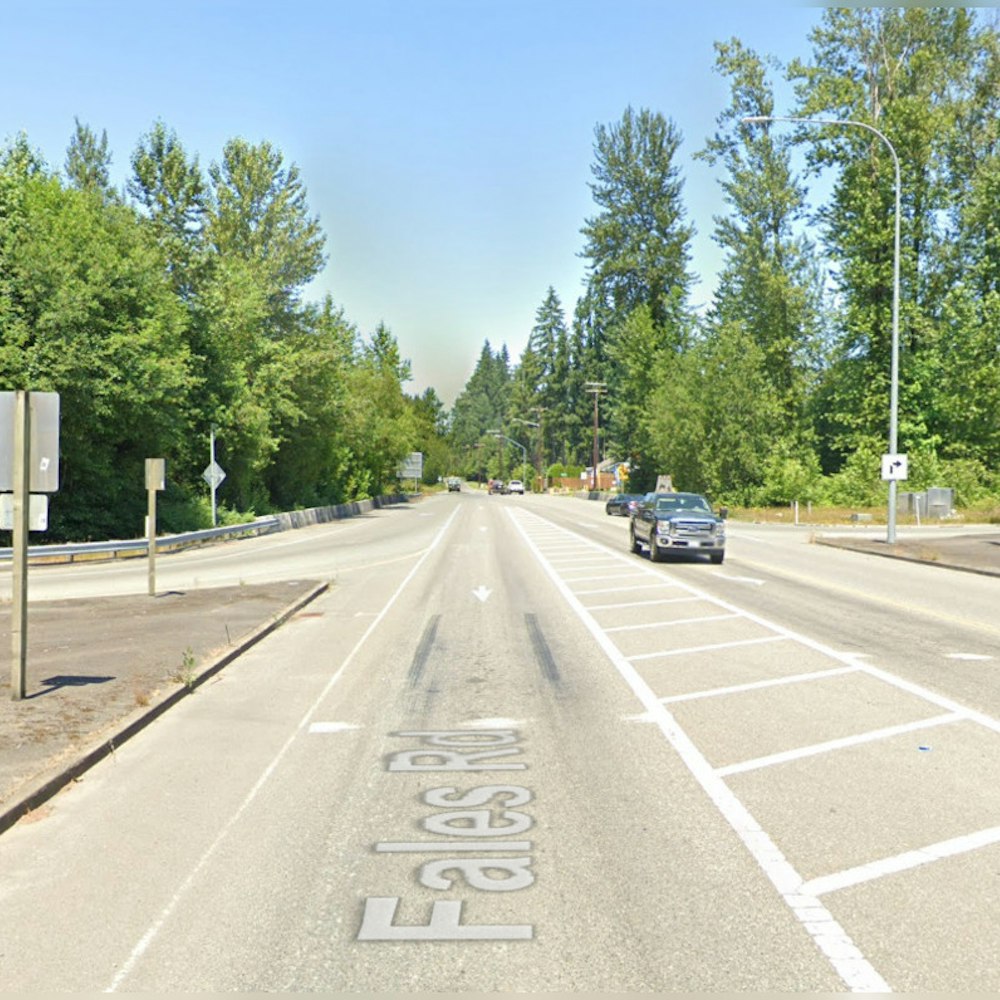
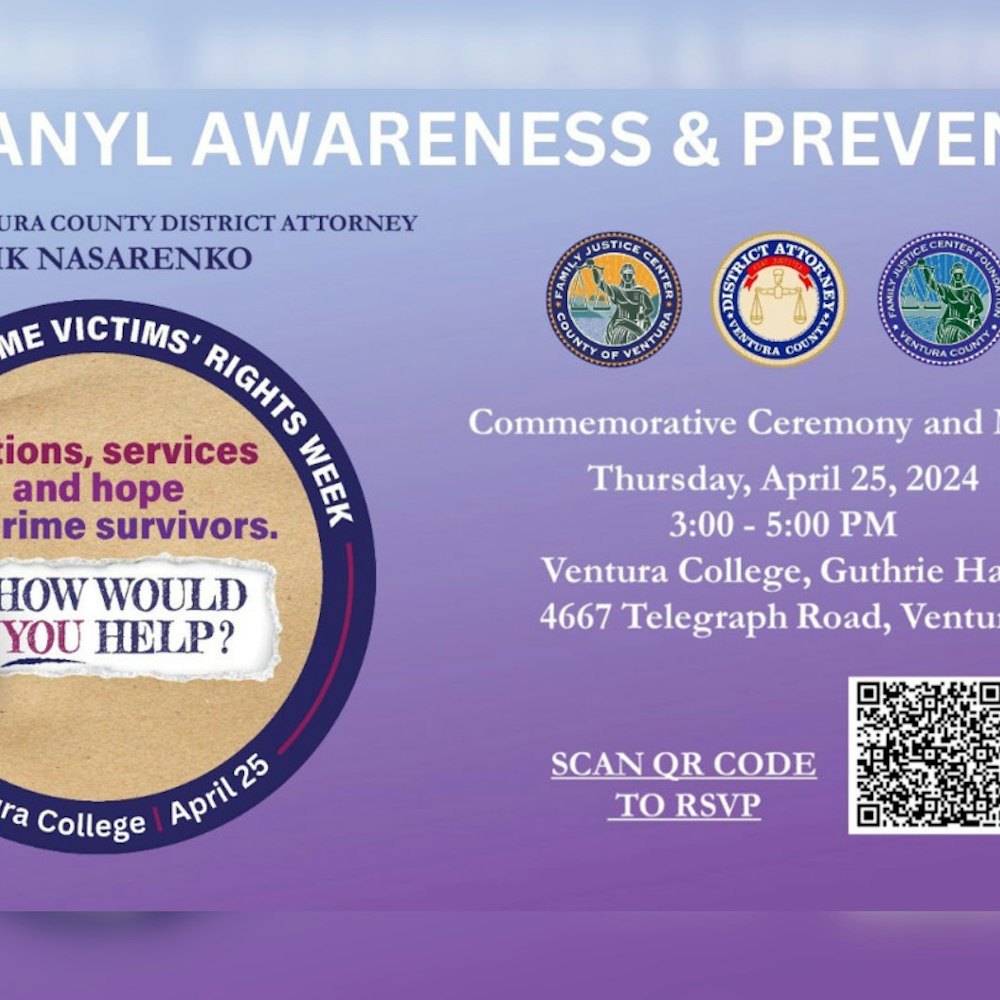
-1.webp?w=1000&h=1000&fit=crop&crop:edges)